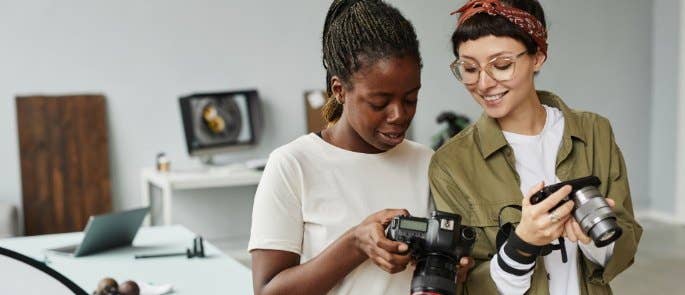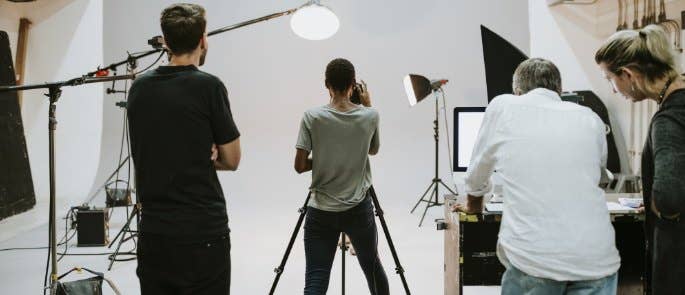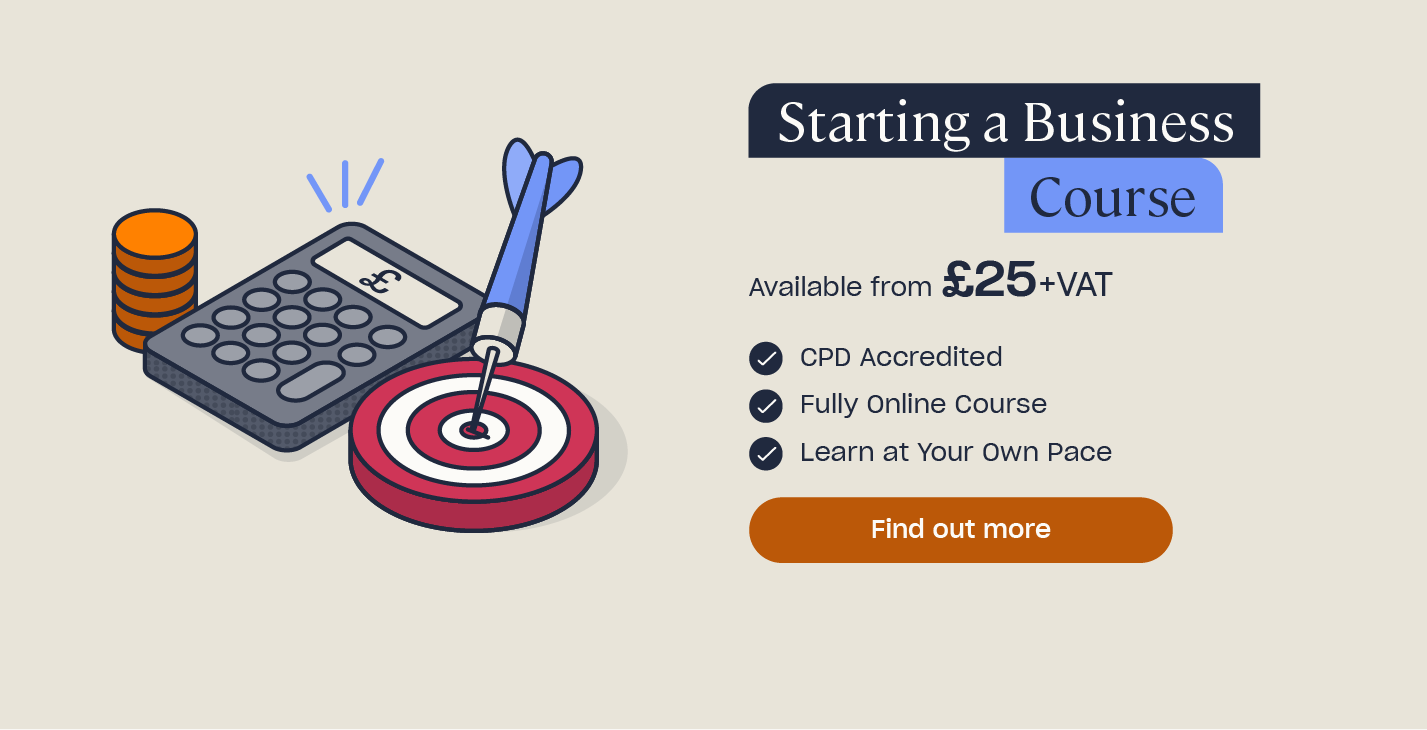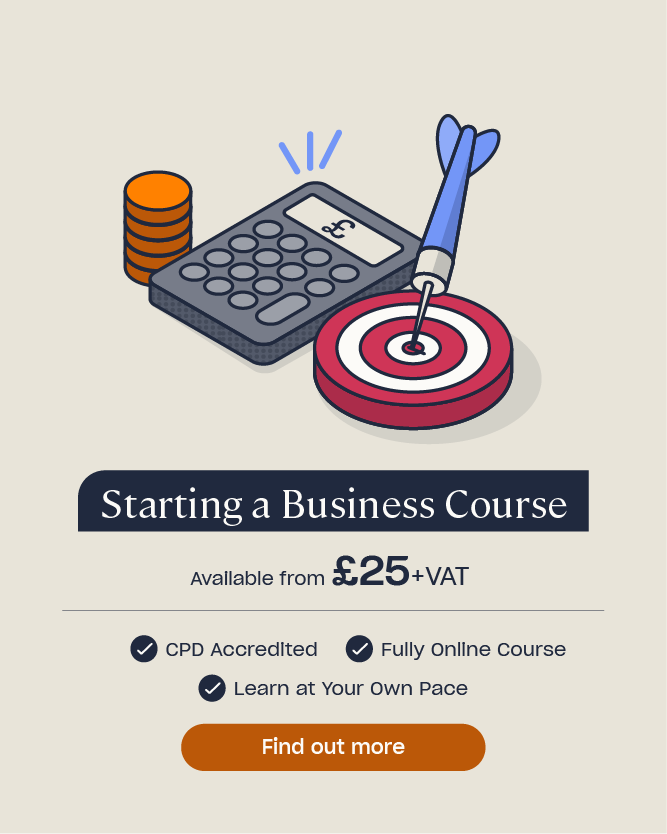How to Become a Photographer
Photos are something we all know and love, whether you’re in front of the camera, or behind it. We all take endless pictures of loved ones, brunches, pets and more on a day-to-day basis. Somewhere along the line, you might just find that you have a knack for it. You might have always loved it and would like to pursue a career out of capturing people, places and moments. Finding your passion is one thing, figuring out the steps to make it your career is another.
This article will explain the primary responsibilities of a photographer, some of the different types of photography you may choose to specialise in, and what you need to get started. We will outline how you might secure a role or career, in a profession which gives you the freedom to be creative in so many ways.
What Does a Photographer Do?
In layman’s terms, photography is a profession which creates permanent visual images out of how we live and experience our day-to-day lives. Photographers are responsible for capturing moments on camera and telling stories through imagery and this is why so many people choose to hire them for big life milestones such as weddings and birthdays. People love to look back at memories and re-live them, photographers help us do just that.

I’m Clare, I run a business called Clare Coleman Photography and I do photography and styling for mostly corporate work, so for food brands, beauty brands and bridal brands – both in studio and editorial.
Clare Coleman
No two days for a photographer will look the same, as you can start to understand from the quote above. There are many fields of photography and within this, there is a huge scope of tasks and responsibilities that encompass the role. This is one of the reasons why the career is so appealing to so many. A few examples of jobs you may find yourself doing are:
- Taking photos, using specialised techniques and materials where needed.
- Editing images, using software such as photoshop.
- Photoshoot/concept planning.
- Working with clients to set themes or create briefs.
- Developing images.
- Portfolio development/self-marketing.
- Scheduling people, locations and equipment.
- Preparing the photoshoot location, as well as obtaining releasing forms and permits if needed.
- Sourcing and hiring props.
Clearly, photography is an exciting career choice, with many different skills and responsibilities, you will certainly be kept on your toes! Now you have set your sights on photography, there are many more avenues within the wider role for you to explore.
Looking to Learn More?
Types of Photographers
There are a wide variety of photographic styles and techniques, so it’s important to explore different types to figure out what is best suited to you and your career. The best way to achieve this is by lending your hand to a multitude of different jobs that require different styles. Also, this is an excellent way to learn different styles from other photographers. You may naturally take to a certain style, or there may be one which you find challenging but enjoy regardless.
Whatever the outcome, it’s useful to have an area you specialise in. This is not to say you can’t enjoy and occasionally work in different ways and styles but it is good to have grounding and experience in a particular field. Some notable areas of photography include:
- Fashion photography.
- Wedding photography.
- Food photography.
- Sports photography
- Landscape photography.
- Family photography.
- Wildlife photography.
- Commercial photography.
- Real estate photography.
- Medical photography.
Photography captures everything, all walks of life – if you can see it, you can photograph it. This fact is a rather optimistic one if you love photography but don’t know what area to go into. It may help to think about your day-to-day life and work out which elements of it you love and would want to capture, or think outside the box and wonder what you might like to see more of. These little moments of inspiration can be the door to your photography career.

On top of the many different areas and styles of photography you may choose to specialise in, there are many different ways you can work. For example, you could choose to be a freelance photographer, a photograph editor, a photography assistant and many more.
What Do I Need to Be a Photographer?
There are many factors to consider when looking to become a photographer. On top of your desired field of interest, there is, of course, a certain level of skill required for the job. This is not to say that you need a master’s degree in photography, however, some degree of prior knowledge, interest and desire to learn are essential.
Photographer Skills
Some general skills and attributes to gain knowledge and experience in include:
- Attention to detail. As a photographer you need to be aware of all elements of one photo – the lighting, composition, subject and many other factors all play together to create the whole image. If one is off balance, the rest will fall out of place.
- Effective communication. Photographers need good communication skills so they can effectively stay on top of all the people and factors involved in a shoot. To learn more about communication, take a look at our article, here. Knowing what you want to get across and delivering that in your images is another key method of communication that you need to develop.
- Time management. Managing your time is, of course, essential in any job role. This is especially true within photography as there are so many elements to the role. Shooting your initial images to your deadline is one matter, making sure that you have the time beforehand to prepare and the time after to finalise and edit images, is another task entirely. You don’t want to let your clients down by delivering work late, so it is essential that you manage your time to take all tasks into account.
- Organisation. In a similar vein to time management, being organised is essential in photography – especially as two days will rarely be the same. You must prioritise staying on top of your work in an organised fashion.
- Good planning. Planning is a key part of the role. Your clients may have briefs that you will need to work with in advance when planning your shoot. On top of this, there is a lot of planning when finding models, shoot locations and more to consider.
- Resourcefulness. Inevitably at work, things don’t always go to plan. In a role where the fate of your images can be influenced by so much, you need to be able to react quickly and problem-solve with what you do have available. For example, weather, models, technological issues and more can impact your shoot days. The mark of a good photographer is one who can think on their feet and use what they have.

Photography Equipment
Photography equipment that you might consider looking to buy or hire includes:
- Camera. Getting a camera doesn’t necessarily mean having to get the most expensive and high-tech one on the market. Each make and model of a camera will give you a different experience when taking photographs, you may have several you use regularly for different subjects. If you are just starting out, you can even use your mobile phone camera.
- Lighting. Natural light is, more often than not, an asset to photographers. However, it can be hard to keep it consistent, so artificial lighting is often the next best thing. There is a wide range of equipment you can use to help such as screens, softboxes, flash and daylight lamps. Having good lighting that you can control, guarantees consistency across your images.
- Different lenses. There are many different lenses for different types of photography, and the different types of images within your chosen field.
- Props. Having a good selection of props can make a photo, they can transport you to the south of France, Morocco and back to London with just a few quick changes. Think about colours, patterns and styles of props in relation to your brief or the type of shoot you are working on. You can often rent props to avoid having to buy niche items that you will only use a handful of times. Alternatively, charity shops are a great place to look.
- Accessories. Depending on the style of photograph you are after, there are many helpful accessories you can buy to help you get the perfect shot. Tools such as tripods, and overhead pole rigs will give your images another dimension.
Whilst we have listed a few bits of equipment you might find useful, these are by no means absolute. You don’t need to start with a huge kit as it can prove to be incredibly expensive. Photography gear can be something you acquire over your career. This is also a good way to do it, as instead of going in blind you can get recommendations from other photographers on the best equipment to go for.
Do what you can, with what you have, from where you are. Especially in photography, there’s this perception that you need a huge amount of kit, you need expensive gear, you need a studio space and I didn’t start with any of that … I shot my first magazine cover on my kitchen side!
Claire Coleman

How Do I Get a Job as a Photographer?
It might seem daunting to enter the world of photography. There are so many avenues and roles it can seem overwhelming. However, take the fact that there is a constant stream of opportunity in the industry as a positive. Everyone has to start somewhere, look for a shoot to assist on and work your way up from there.
Get Experience
Assisting on a shoot for a day will allow you to not only learn a lot but also make contacts with others in the industry. Networking can be really useful as it’s often the case that photographers need an additional pair of hands when visiting larger clients or bigger jobs i.e. wedding photography.
There is also a wide array of free resources and courses online where you can educate yourself on the basic theory and tips within photography. You can even take small steps, like visiting photography galleries, getting a feel for different styles and then you can see what you are more drawn to, here you may also meet other like-minded people who can offer experience or help.
For those that are completely new to the world of photography, you could start by doing some voluntary work or securing a placement as this can help you to practice while building your portfolio. These types of jobs offer invaluable experience though will often be unpaid – which is something you will need to consider.

Build Up Your Portfolio
Ultimately having a bank of good quality and well-presented images that show your style and passion is key. Buy a camera and take it everywhere with you, you never know what you might catch in the seemingly ordinary walks of everyday life. Also, be sure to engage with social media, it is a great resource to share your work with huge numbers of people for free. Having a presence online is incredibly useful for any new business starting out.
Develop your Business Skills
If you are looking to eventually start your own photography business, you will need to advance your knowledge on how to set up your own business. Take a look at our Starting a Business Course, which guides you through the skills and personal qualities that will be helpful when starting and running a business, including how to structure a business and the importance of financial planning, marketing and operations.

It might seem daunting but following your passion for photography could be the door to a new career, and even your own business. As Clare says:
For me, there are so many benefits of working for yourself to the point that I would never go back to working for somebody else.
Clare Coleman
So why not take the leap, follow your passion and kick-start your career in photography?
We hope you found this article helpful in showing you how you might turn your love for photography into a career or even your own business. For any more information get in touch at 0333 006 7000 or email sales@highspeedtraining.co.uk. High Speed Training offers a wide variety of courses and resources that can help.
Further Resources:
- Starting a Business Course
- What is the Importance of Digital Skills in the Workplace?
- How to Improve Active Listening in Communication
- How to Find the Right Career for Me









